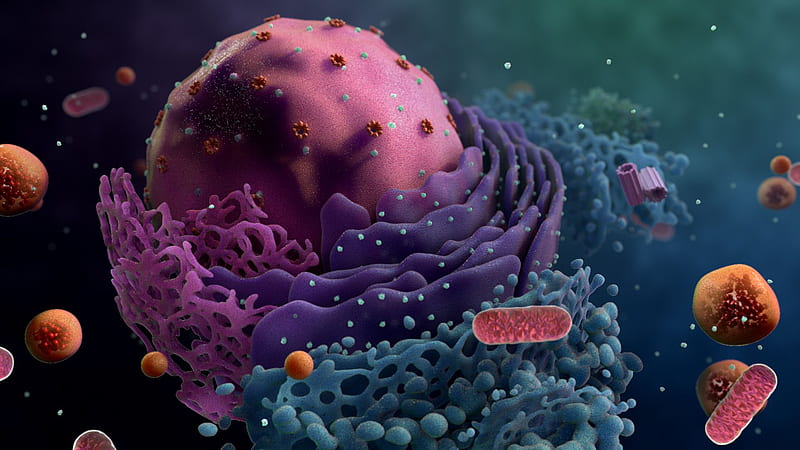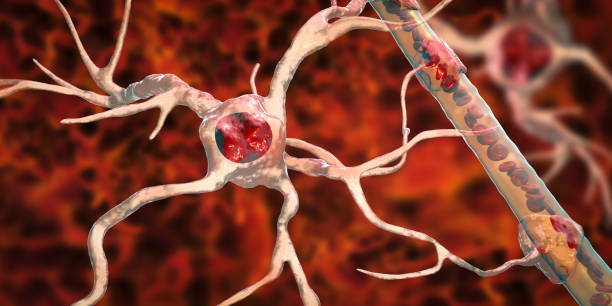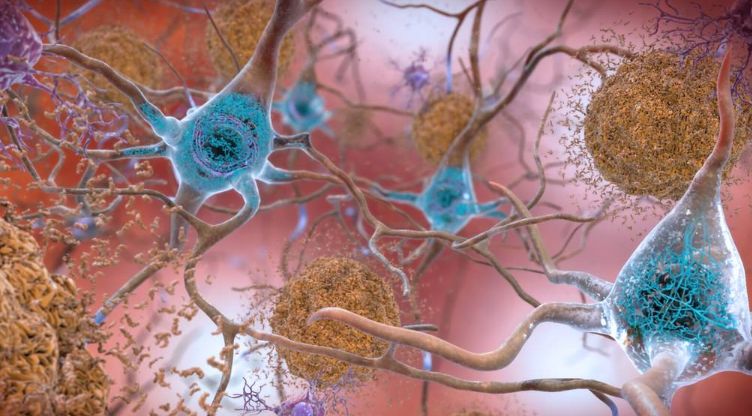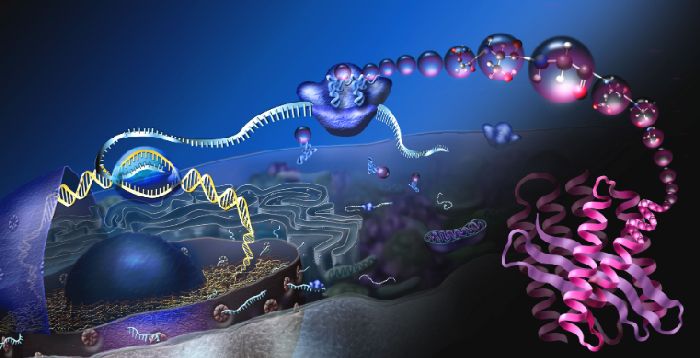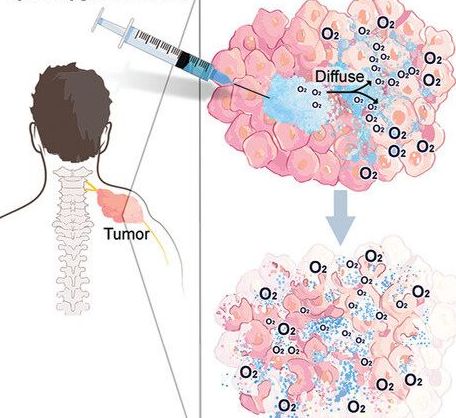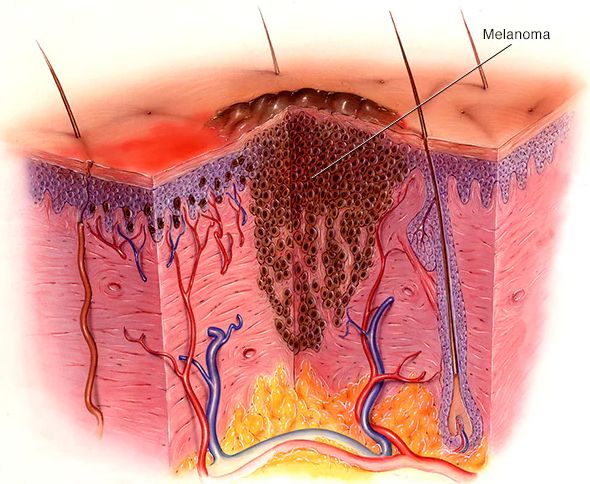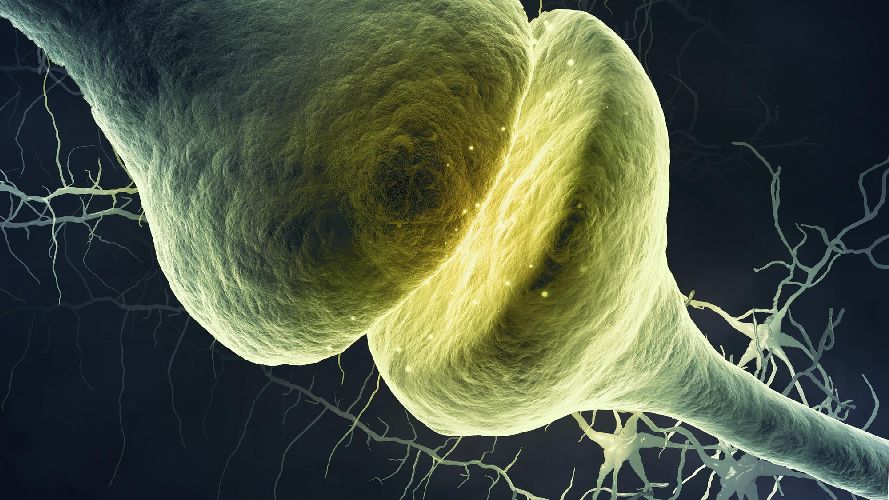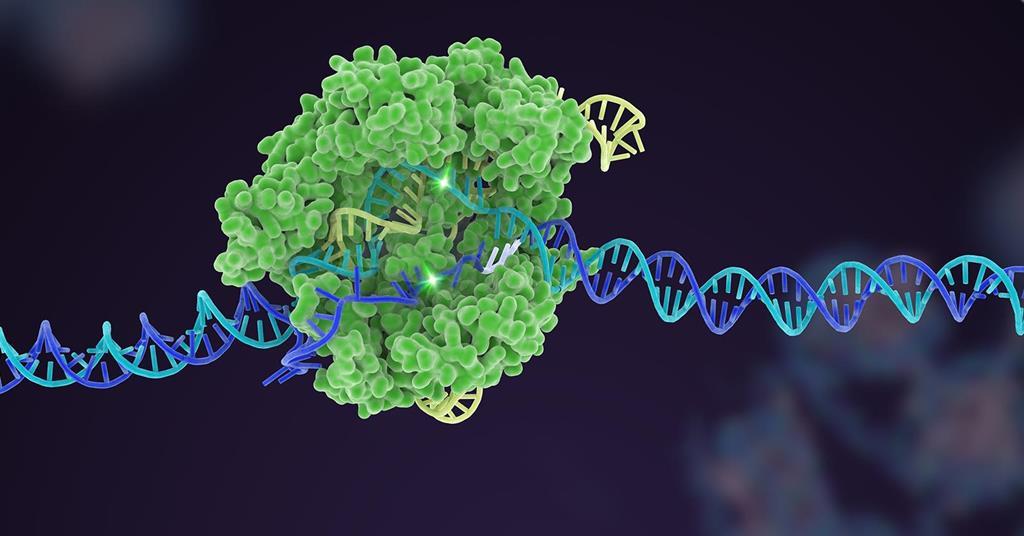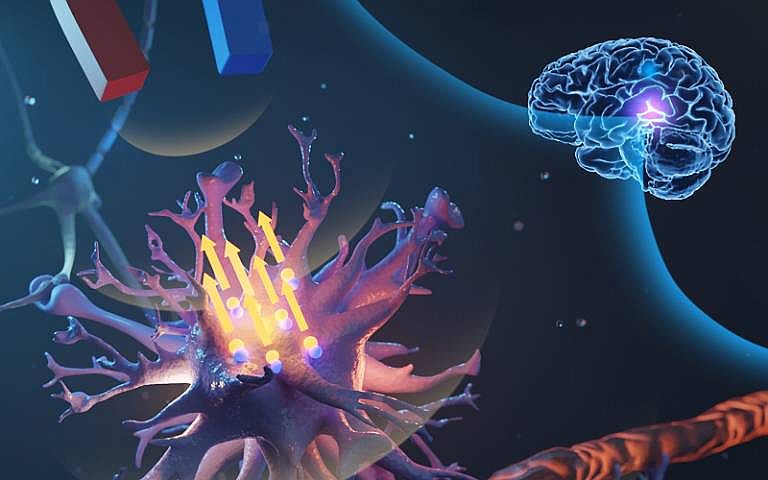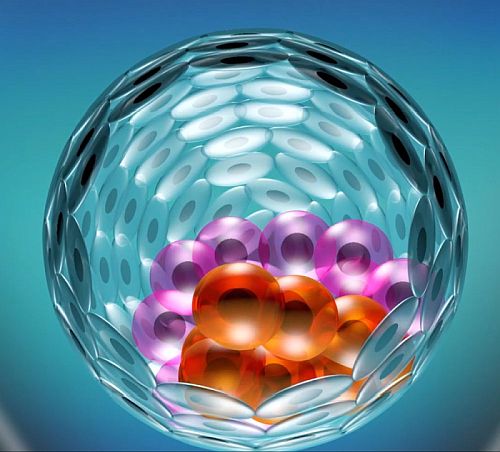Electrical charges have a vital role in majority of biological processes in the human body. In fact, the human body is an incredibly complex electrical system that relies on the flow of electrical charges to carry out its functions. Electrical signals, for instance, are not only used by the brain and nerves to communicate with each other. But the same signals also allow us to move our muscles, feel sensations, and think. At the cellular level, ions such as sodium, potassium, and calcium work in tandem to regulate various processes…
Read MoreCategory: Health Tonics
Distinct Activation Patterns of Projection Neurons: Cortical Dynamics
Cerebral cortex is the outer layer of cerebrum, that is the largest part of the brain. All kinds of higher-level processes such as language, memory, and decision-making are performed in this region. The complex, densely packed structure is saturated with various types of neurons. It is extremely difficult to image its neuronal dynamics with the necessary spatial and temporal resolution. So far, fMRI (functional magnetic resonance imaging) technique is widely used for studying brain activity. However, when it comes down to examine neural circuitry at the point of a single…
Read MoreAstrocytes are the Information Regulators: Brain Pathology
Astrocytes are the non-neuronal cells that provide support and maintenance to neurons in the brain and spinal cord. They have a star-shaped morphology, with multiple branching processes that extend out from the cell body. They form specialized junctions with blood vessels for regulating the transport of nutrients and other molecules between the brain and the bloodstream.
Read MoreDysfunction in Protein Homeostasis associated with Parkinson’s Disease: Biomarkers
Parkinson’s disease (PD) is the most common neurodegenerative disease. The characteristic motor impairments are due to two main reasons:
Read MoreNeuro-Stack to records Single Neuron Activity: Brain Mechanisms of Movement
New technologies have revolutionized many fields, including medicine and neuroscience. Advances in engineering, materials science, and computer technology have enabled the development of increasingly sophisticated devices for recording and analysing biological signals, such as brain activity, with unprecedented precision and accuracy. For instance, electroencephalography (EEG) is a non-invasive technique that measures electrical activity in the brain using electrodes placed on the scalp. With the advancement in electronics and computing the EEG signals can now be recorded with greater precision and resolution.
Read MoreHydrogels Promote Neuronal Tissue Growth: Brain Healing
Degeneration of brain cells could be a natural aging process. However, destruction or deterioration of brain cells could occur due to a wide range of internal as well as external factors. In general, brain damage refers to significant, undiscriminating trauma-induced damage. Science has tremendously advanced when it comes to health care and disease control. There are new and radical developments in the field of neurology alone. One such progress is brain tissue reconstruction.
Read MoreExon Junction Complex controls mRNA: RNA Methylation
Our gene expression is regulated by RNA methylation. Same process also affects various cellular processes like differentiation and development. Lately, University of Chicago researchers, led by Chuan He, have uncovered new insights into how genes work by solving a long-standing mystery related to RNA methylation. Researchers in Chuan He’s lab have been studying RNA methylation and its potential impact on human health for over a decade.
Read MoreGas Entrapping Materials to Mitigate Tumor Hypoxia: GeM Technology
Cancer treatments such as radiotherapy and chemotherapy have been shown to be less effective when exposed to a hypoxic environment. In fact, low oxygen levels in tumors can also escalate disease progression. Hyperbaric oxygen therapy and microbubble infusion are the two techniques through which oxygen levels in tumors can be increased to improve treatment outcomes.
Read MoreVitamin D Deficiency Associated with Melanoma: Skin and Bone Health
Vitamin D plays an important role in regulating normal function of human body. It helps the body to absorb and retain calcium and phosphorus, which are critical for building bone. In addition, it also helps in boosting energy levels. Epidemiological studies too, have shown that Vit-D deficiency is closely associated with common chronic diseases such as bone metabolic disorders, tumors, cardiovascular diseases, and diabetes. In addition, similar corelation between vitamin D and skin cancers have also been investigated.
Read MoreHuman Brain Organoids Implanted in Mice: Human-mouse Synapses
An international team of neuroscientists has demonstrated that human brain organoids when implanted in the cerebral cortex region of a mice can respond to external sensory stimuli. Brain organoid, here, refers to a three-dimensional tissue that is made from skin cells.
Read MoreCompact Cas7-11 Enzyme for RNA Editing: CRISPR-Cas System
The CRISPR CAS9 system famously known as genetic scissors was discovered by Emmanuelle Charpentier and Jennifer Doudna in 2012. And since then, the new tool has been studied extensively across global academia. Initial studies of the genome editing tool altered only the DNA. However, lately the CAS system is also studied for editing RNA. What is CRISPR-CAS system? CRISPR-CAS system is an adaptive immune system of bacteria, which protects it from invaders. Also, it defends the bacterial host from renewed infection as it memorizes previous infections. DNA has the fingerprint.…
Read MoreMultiple Modes of Dendritic Integration in Single Neurons: Brain Computation
Dendrites, branch like extensions protruding from a single neuron, participate in computations and permutations to give a synchronized output to the neuron. Researchers at MIT have now demonstrated that not only different types of dendrites (of a single neuron) collect input from various regions of the brain, they also process that information in different customized ways.
Read MoreManeuvering Brain Astrocytes via Magnetic Field: Magnetomechanical Stimulation
Researchers at University College London have discovered a new form of non-invasive therapy for neurological disorders. The technique called “magnetomechanical stimulation” (MMS) involves microscopic magnetic particles for remotely stimulating brain cells.
Read MoreAltering Macrophage Metabolism Helps Damage Nerves Recover: Neuronal Health
Peripheral nervous system (PNS) axons regenerate in contrast with central nervous system (CNS) axons, however, the rate of renewal is fairly slow. It is because of its sluggish rate majority of the peripheral nerve injuries lead to permanent disability for patients.
Read MoreSkin Cells Reprogrammed into Early Embryos: Stem Cell Research
In an interesting research, scientists made an unbelievable attempt of creating early human embryo from skin cells! An international team of researchers led by Monash University Australia has developed a model that resembles human embryo from skin cells.
Read More
